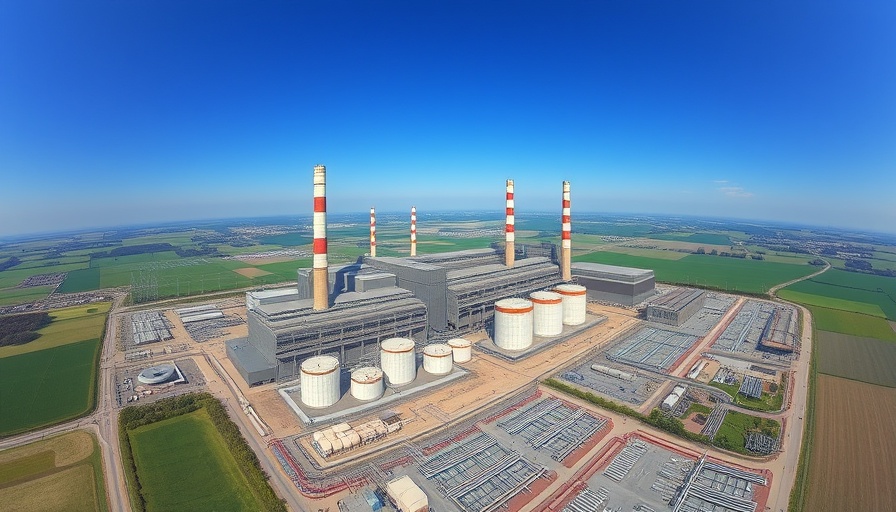
The Urgent Need for Carbon Trading Regulations in the Philippines
As the climate crisis accelerates, the Philippines stands at a critical juncture regarding its approach to carbon trading. Experts assert that the nation desperately needs regulations to guide the burgeoning carbon market, which is currently characterized by uncertainty and inconsistency. Despite multiple carbon projects being operational, the absence of formal governance frameworks can lead to chaos and inefficiencies, making it imperative for the government to act swiftly.
Current Landscape: A Market in Limbo
Carbon projects across the Philippines, while innovative and potentially beneficial for the environment, are running without the structure needed to maximize their impact. Rose Josol from SGV & Co emphasizes the risks involved when existing projects might need to halt operations due to upcoming regulatory changes. "We are overdue some guidance on the carbon markets as there are already multiple projects registered under the major standards," she stated, underscoring the necessity for clear guidelines.
Lessons from Neighboring Countries
The situation in the Philippines is reminiscent of Indonesia’s recent experiences, where carbon projects faced operational hurdles without regulatory support until 2021. This induced significant waiting periods that delayed vital financial flows into climate initiatives. Countries like Thailand and Singapore are currently ahead, engaging in carbon trading agreements aimed at meeting climate targets under the Paris Agreement, highlighting the importance of timely regulations for effective carbon trading.
Why Fast-Tracking Carbon Trading Rules Matters
Not only are carbon trading rules necessary for project viability, but they also pave the way for investments in renewable energy sources, which are critical for sustainable development. By providing a reliable regulatory framework, the Philippines could attract investor confidence, leading to operational enhancements in clean energy projects. This would contribute to reducing the nation's carbon footprint while fostering a robust green economy.
Envisioning a Sustainable Future
With the anticipated release of new guidelines from the Department of Energy (DOE), there is hope that these regulations will support both energy and forest-based carbon trading projects. While the initial rollout might focus predominantly on energy projects, incorporating forest-based credits will be crucial for holistic environmental stewardship and addressing deforestation, as these areas can also contribute substantially to carbon offsetting.
Call for Collective Action
As stakeholders in the private sector, academia, and civil society prepare for a more structured carbon trading environment, it is essential that they advocate for comprehensive and inclusive regulations that accommodate all existing carbon initiatives. By taking a collective approach, the Philippines can learn from the pitfalls faced by other nations and steer its path towards sustainable growth, solidifying its position as a leader in climate action in Southeast Asia.
In conclusion, the imminent arrival of carbon trading regulations is more than a compliance matter; it represents an opportunity for the Philippines to assert its commitment to sustainability and eco-friendly practices. This moment calls not only for clarity and action from policymakers but also a cohesive effort from all sectors involved.
 Add Row
Add Row  Add
Add 



Write A Comment